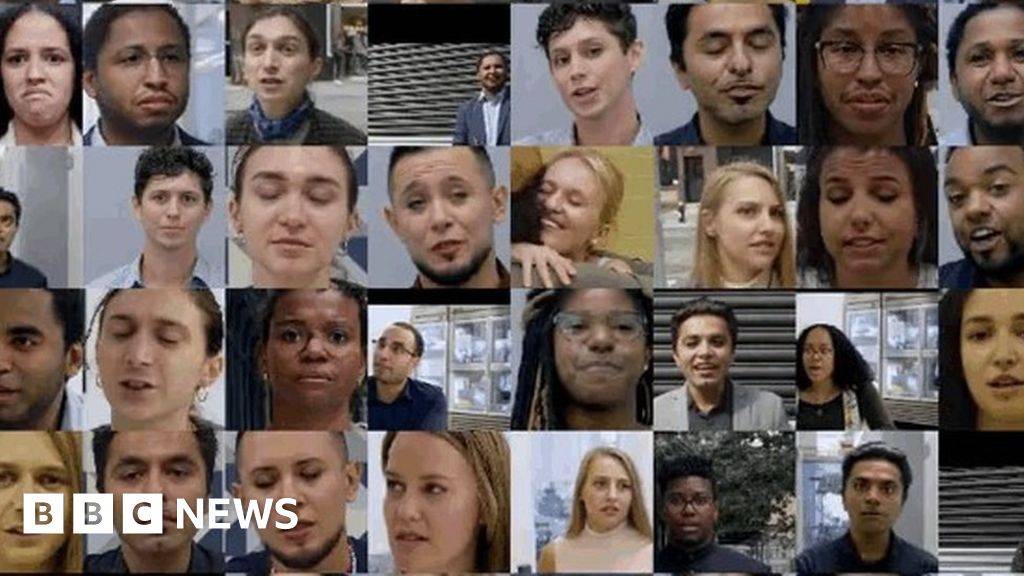Google Makes Deepfakes To Fight Deepfakes

 Image copyright
Google
Image copyright
Google
Google has released a database of 3,000 deepfakes - videos that use artificial intelligence to alter faces or to make people say things they never did.
The videos are of actors and use a variety of publicly available tools to alter their faces.
The search giant hopes it will help researchers build the tools needed to take down "harmful" fake videos.
There are fears such videos could be used to promote false conspiracy theories and propaganda.
Deepfake technology takes video and audio clips of real people, often politicians or celebrities, and uses artificial-intelligence techniques to alter them in some way, for instance putting words in their mouth or transposing their head on to body of an actor in pornography.
Since their first appearance in 2017, many open-source methods of generating deepfake clips have emerged.
In a blogpost, describing its work, Google said: "Since the field is moving quickly, we'll add to this dataset as deepfake technology evolves over time and we'll continue to work with partners in this space.
"We firmly believe in supporting a thriving research community around mitigating potential harms from misuses of synthetic media.
"While many are likely intended to be humorous, others could be harmful to individuals and society."
The database will be incorporated into work to combat deepfakes, at the Technical University of Munich and the University of Naples Federico II .
The universities have created a similar database using four common face-manipulation techniques on nearly 1,000 YouTube videos.
It is hoped both these databases will be used to train automated detection tools to spot fakery.
Earlier this month, Facebook announced it had set up a $10m (£8.1m) fund to find better ways to detect deepfakes.
Its own chief executive, Mark Zuckerberg, has been a victim of such trickery, when a manipulated video appeared to show him credit a secretive organisation for the success of the social network.
Deepfake technology hit the headlines in 2017, when University of Washington researchers released a paper describing how they had created a fake video of President Barack Obama.
One of the researchers, Dr Supasorn Suwajanakorn, later defended his invention, in a Ted talk, while admitting the technology had the potential for misuse.
From Chip War To Cloud War: The Next Frontier In Global Tech Competition
The global chip war, characterized by intense competition among nations and corporations for supremacy in semiconductor ... Read more
The High Stakes Of Tech Regulation: Security Risks And Market Dynamics
The influence of tech giants in the global economy continues to grow, raising crucial questions about how to balance sec... Read more
The Tyranny Of Instagram Interiors: Why It's Time To Break Free From Algorithm-Driven Aesthetics
Instagram has become a dominant force in shaping interior design trends, offering a seemingly endless stream of inspirat... Read more
The Data Crunch In AI: Strategies For Sustainability
Exploring solutions to the imminent exhaustion of internet data for AI training.As the artificial intelligence (AI) indu... Read more
Google Abandons Four-Year Effort To Remove Cookies From Chrome Browser
After four years of dedicated effort, Google has decided to abandon its plan to remove third-party cookies from its Chro... Read more
LinkedIn Embraces AI And Gamification To Drive User Engagement And Revenue
In an effort to tackle slowing revenue growth and enhance user engagement, LinkedIn is turning to artificial intelligenc... Read more

